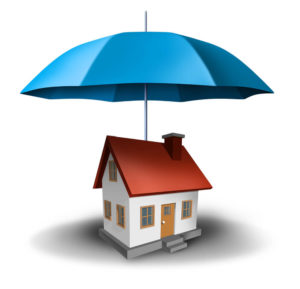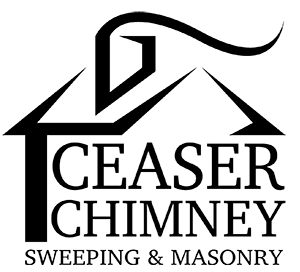Rain is a good thing. It helps your crops, gardens, and lawns to grow. It washes the summer’s dirt and grime away, leaving behind the fresh, sweet air of autumn. But rain can also be a problem, especially for homeowners with fireplaces. If your chimney is leaking it can cause damage that could affect the stability of your chimney structure, so not only is it important to find the leaking area and fix it, it’s also important to stop those leaks from continuing. John  Ceaser and his staff at Ceaser Chimney Service, LLC can take care of finding any leaking areas and repairing those spots that are causing you problems, so give him a call before the weather turns nasty and it’s harder to find those places and get them fixed up.
Ceaser and his staff at Ceaser Chimney Service, LLC can take care of finding any leaking areas and repairing those spots that are causing you problems, so give him a call before the weather turns nasty and it’s harder to find those places and get them fixed up.
Trouble Spots
There are several spots that are considered trouble spots when it comes to chimney leaks. One of those spots is the area where the roof meets the chimney. It’s hard to get a good seal on these places, so contractors came up with the idea of layering narrow steel sheets in alternating layers, covering the meeting places with whole sheets until a barrier has been formed over this joint. This is called flashing and it can do a great job of stopping rain from entering your home. The problem is, in wind and rain that flashing can come loose, tear, or even rust enough that holes can form, and then that protective barrier is useless. We’ll check your flashing and repair any spots that aren’t giving adequate leak protection.
Another spot that we’ll check out is your chimney cap and chimney crown. The chimney crown is the very top part of your chimney, made of cement and built right on the top. It is made with sloped sides which direct precipitation away from the opening of your chimney. Although the chimney crown does a good job of keeping precipitation out, it does still leave an opening at the top of the chimney. A chimney cap is not built on to your chimney but is a component that homeowners can choose to add. This is a little house-like structure with a sloped roof which covers the chimney opening. The sides are grates, which means that smoke is still allowed to leave while animals and debris are kept out. If the chimney cap is rusted or bent, we will probably recommend that you let us replace it so that the rain isn’t pouring straight down your chimney.
After we’re sure that your chimney is properly protected, we’ll recommend that you have your chimney waterproofed. At Ceaser Chimney Service, we use a special chimney sealant, ChimneySaver, which stops precipitation from getting into your chimney while allowing any moisture that might already be in your chimney to escape. This will keep your chimney in great shape for years to come.
Call Soon
To get quick service, give John Ceaser and his staff at Ceaser Chimney Service a call soon. Let our CSIA certified professionals take care of all your chimney needs.
